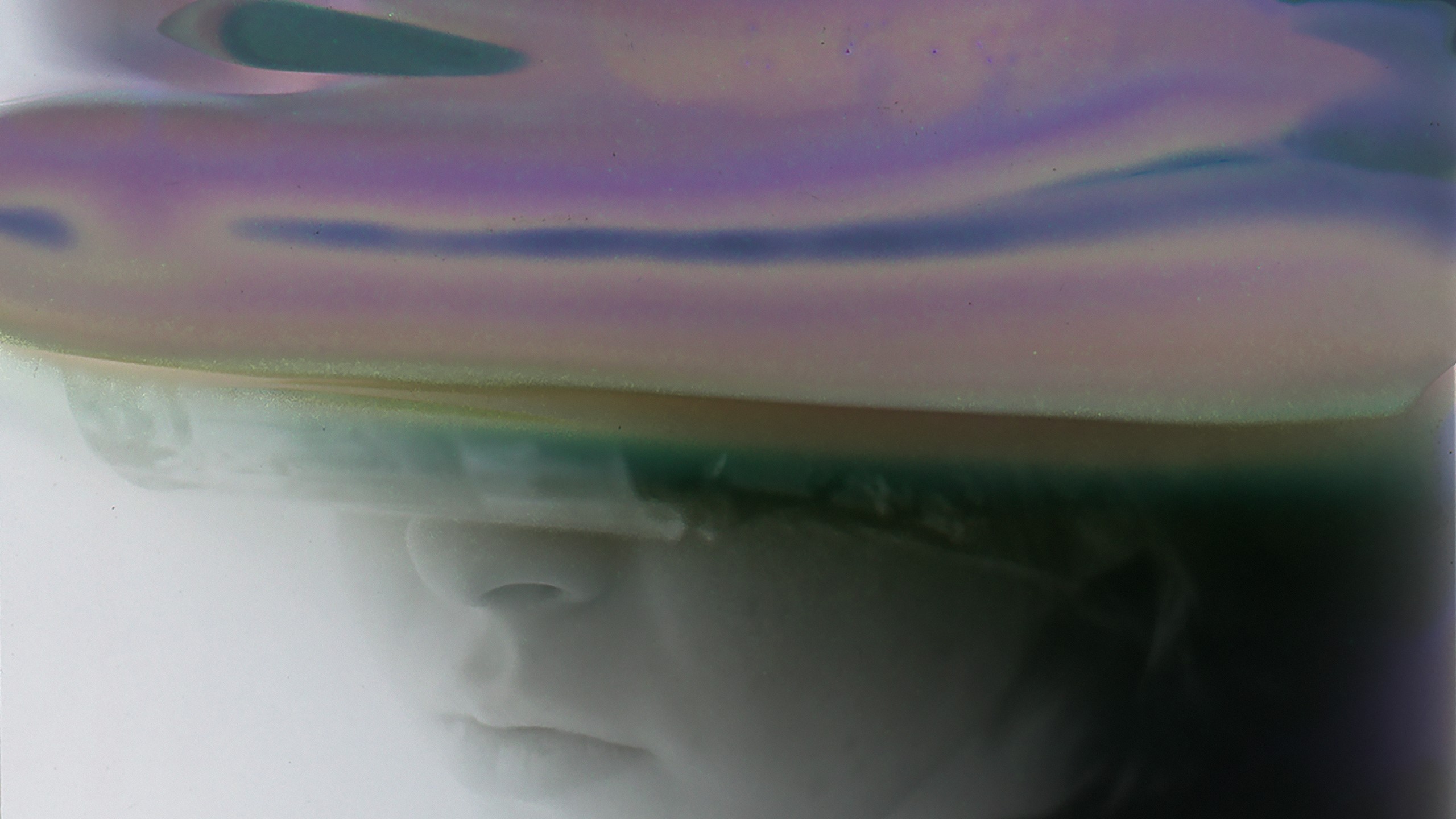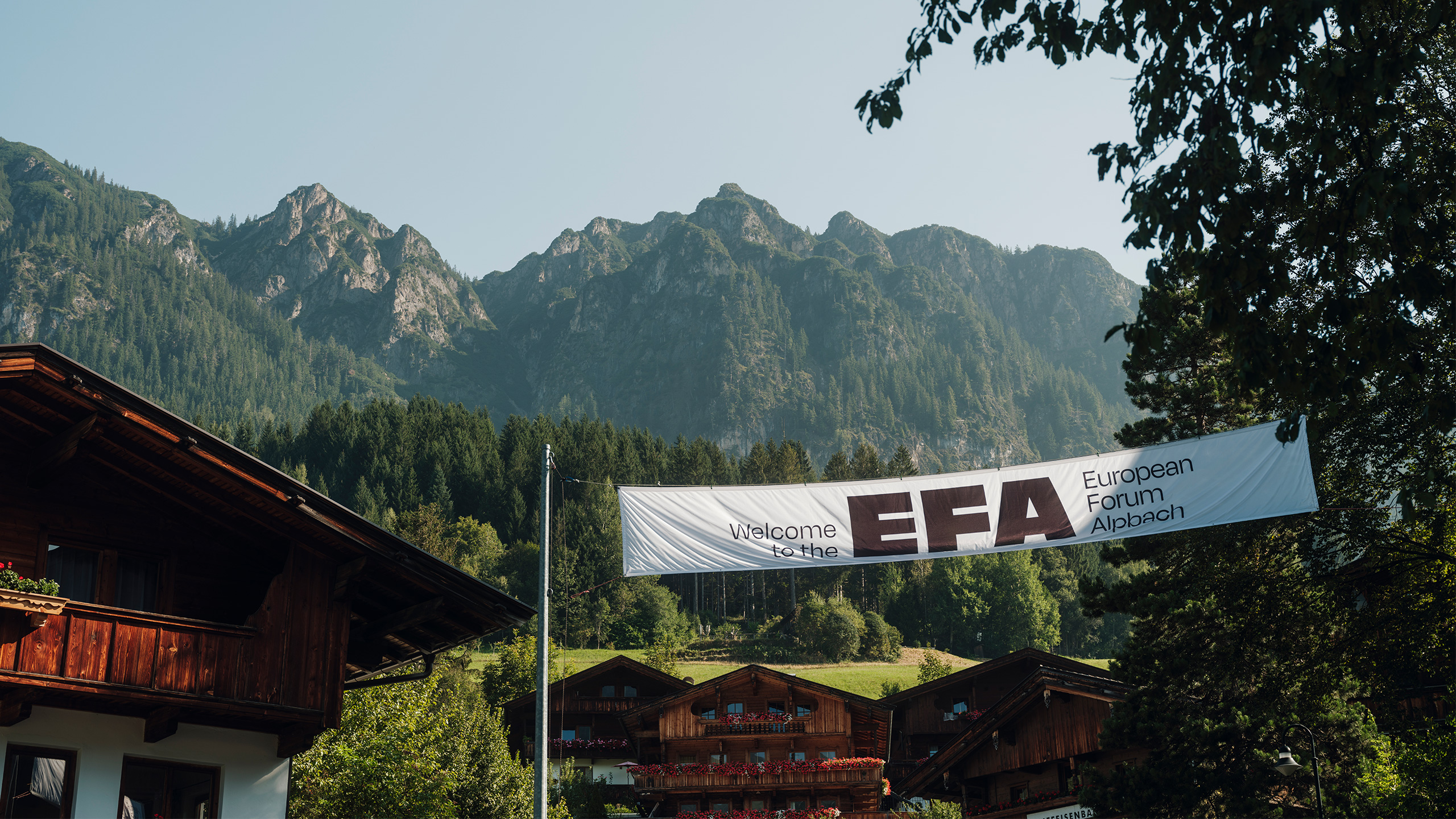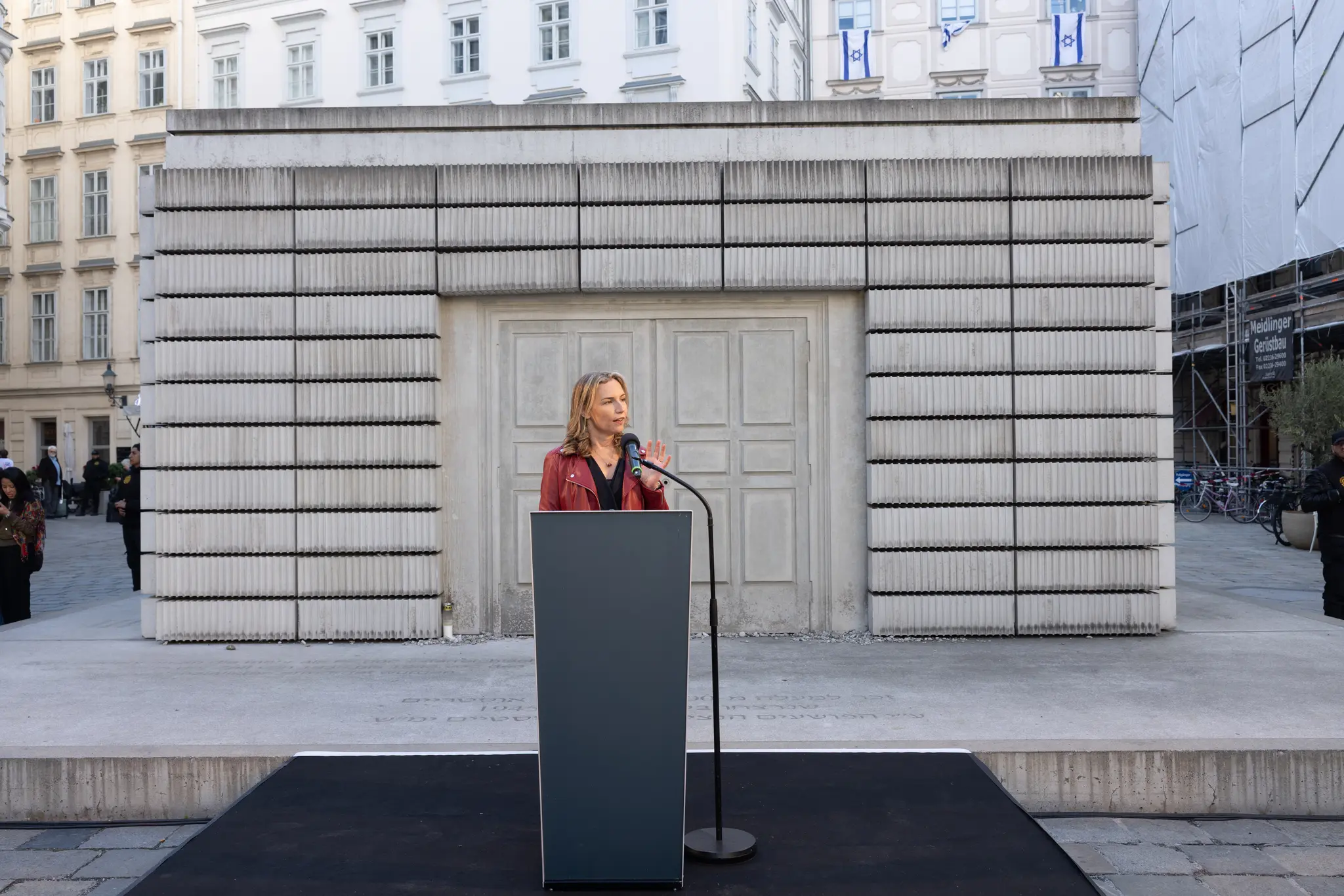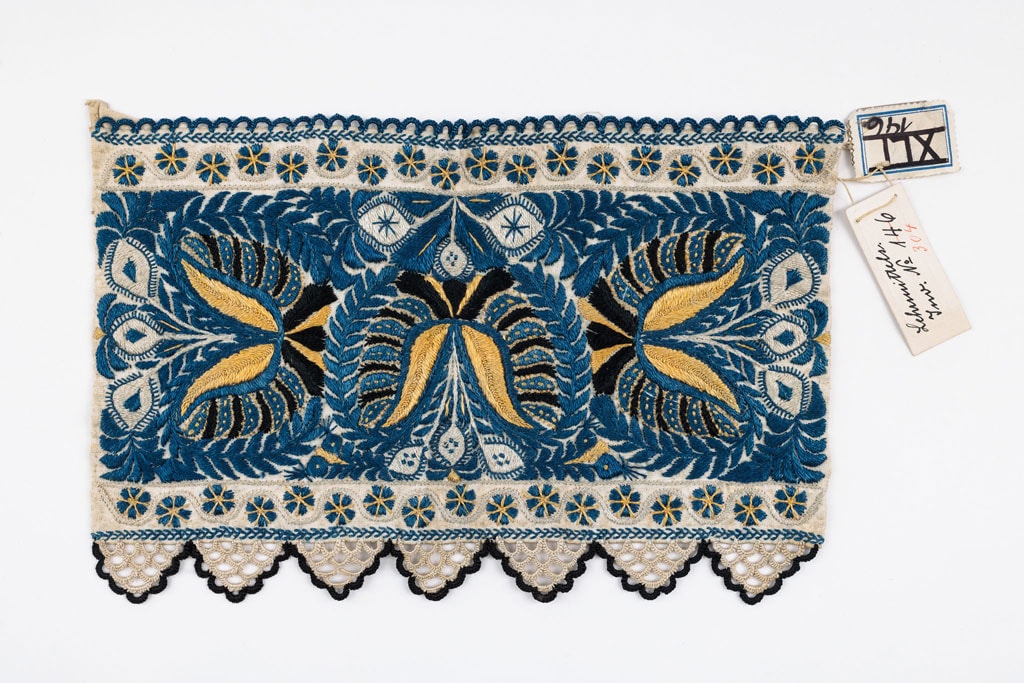Event
16 December – 28 February 2022
Reading Time: 4'
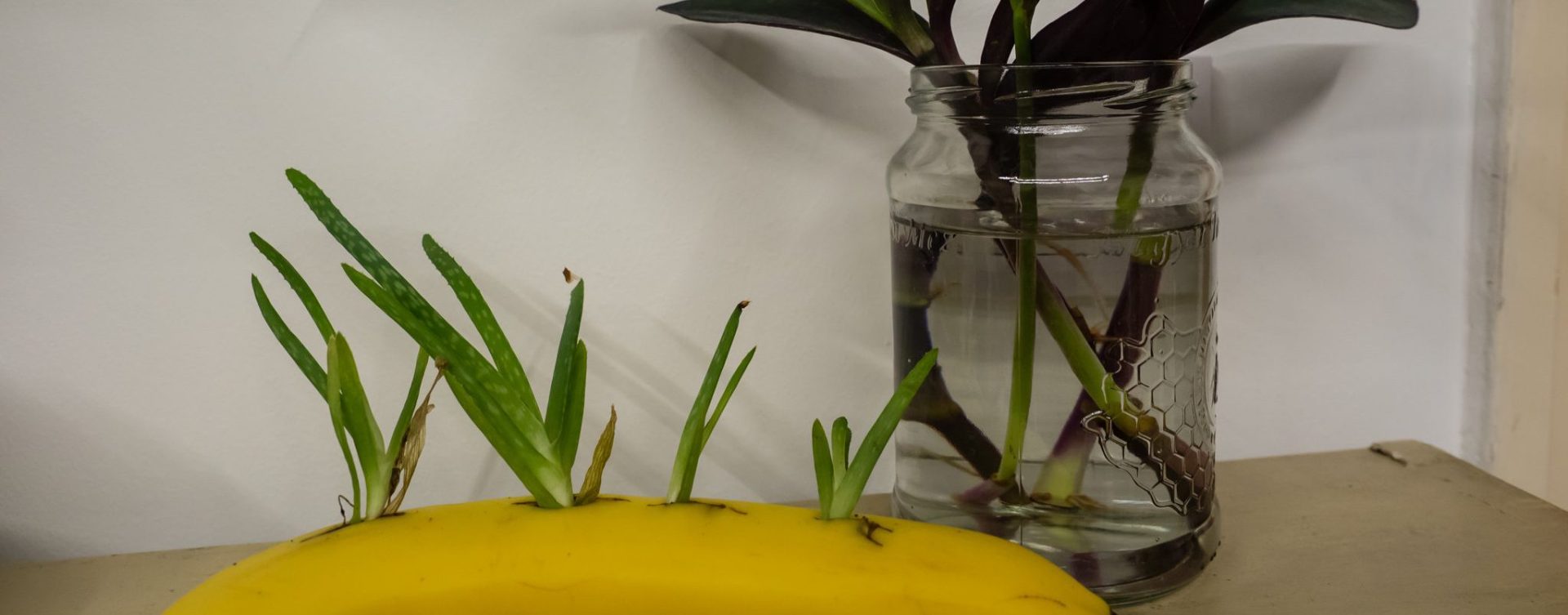
Colonia Herbaria
16 December – 28 February 2022, 17:00
Space of Opportunity, Budapest
A joint project of the Space of Opportunity -Judit Árva, Kitti Gosztola and the students studying park design at Varga Márton Horticultural and Surveying Technical School
Concept by Judit Árva and Kitti Gosztola
Contributors: students of Varga Márton Horticultural and Surveying Technical School (Bence Alföldi, Péter Bárdy, Dániel Borsos, Zsombor Czibere, Máté Zsolt Farkas, Jázmin Flóris, Márk Greguss-Kána, Levente Hangyási, Csenge Harmathy, László Horváth, Szilárd Ignácz, Laura Kővári, Noémi Sásdi, Ádám Schiff, Piroska Seres, Tamás Sillye, Balázs Simkó, Zsuzsanna Takács), their teacher László Kaszab, and the members of the Space of Opportunity
Consultant: Dóra Hegyi
Graphic design: Dóri Oláh
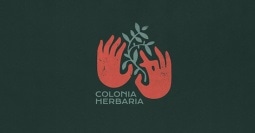
Opening: 16th December 2021, 5 pm
Venue: Práter 63 (1083 Budapest, Práter u. 63.)
What view do we take on our houseplants? What is the nature of the relationship between humans and plants? How has the former influenced and shaped the history of the latter, and vice versa? In this project, co-created with the students, we juxtapose subjective relationships to plants with historical and theoretical dimensions. As a result, peculiar green colonies and plant communities are constructed.
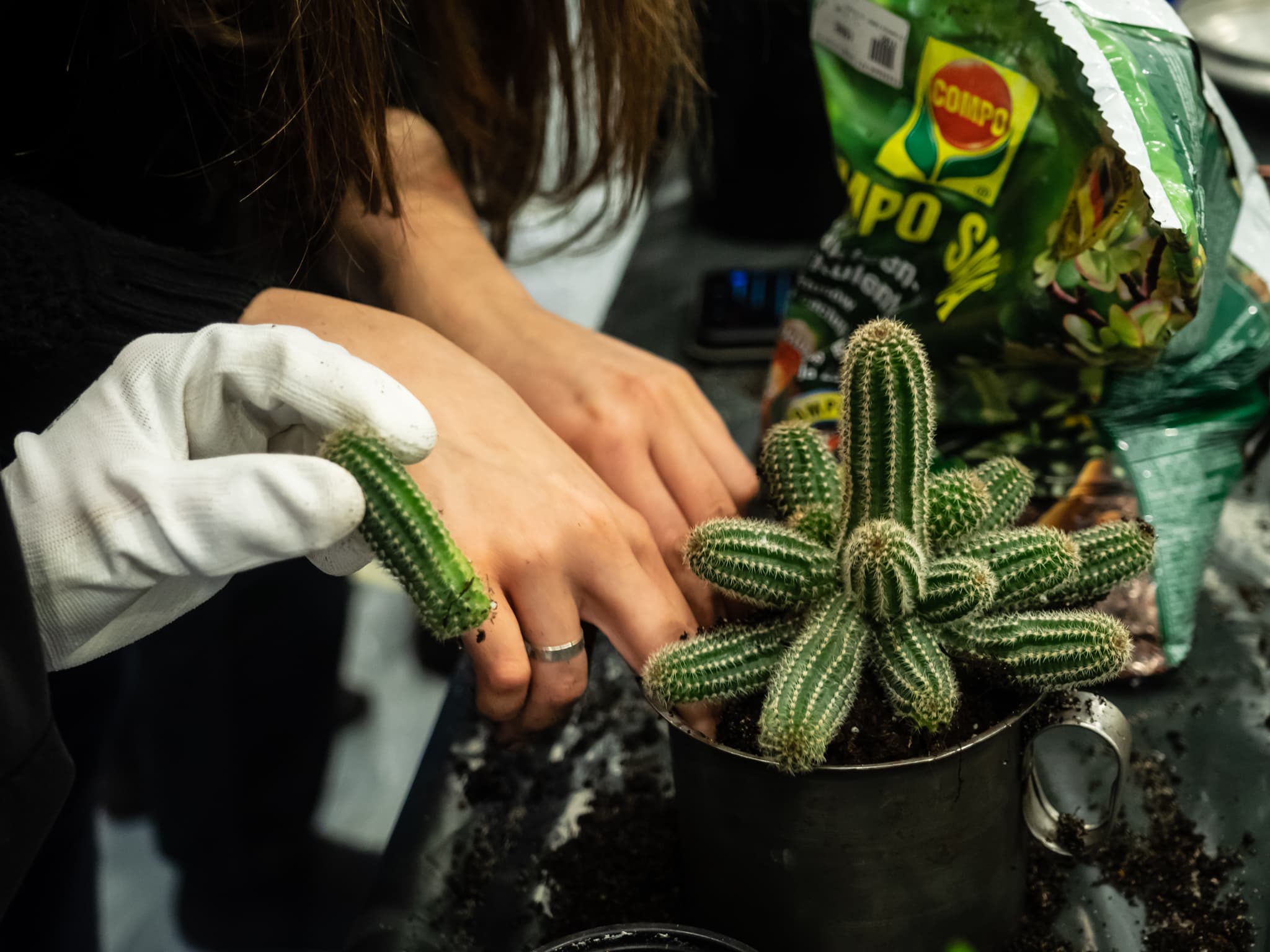
Considering their intrinsic qualities and needs, plants can be defined as living, active and individual organisms. Their communities and the structure of those can be seen as parallel to human societies. Terms such as coexistence, community or expansion (invasiveness) are just as valid for humans as for vegetative phenomena. Among others, the theory of biophilia (the instinctive psychological relationship between humans and plants) and the scientific discoveries relating to the sensory capacities of plants also add to the number of parallels. Identities and the thematization of the interpenetration between human and plant were first explored in legends, myths and their anthropomorphic representations; plants appeared as an entity somewhere between human fantasy and reality. The introduction of plants into the home, and their strong objectification, can be traced back to the 1840s. It was then that most of the houseplants we know today arrived in Europe, first as symbols of wealth in the conservatories of the aristocracy, and then, with the improvement of living and housing conditions, as decorative elements in the homes of the middle classes.
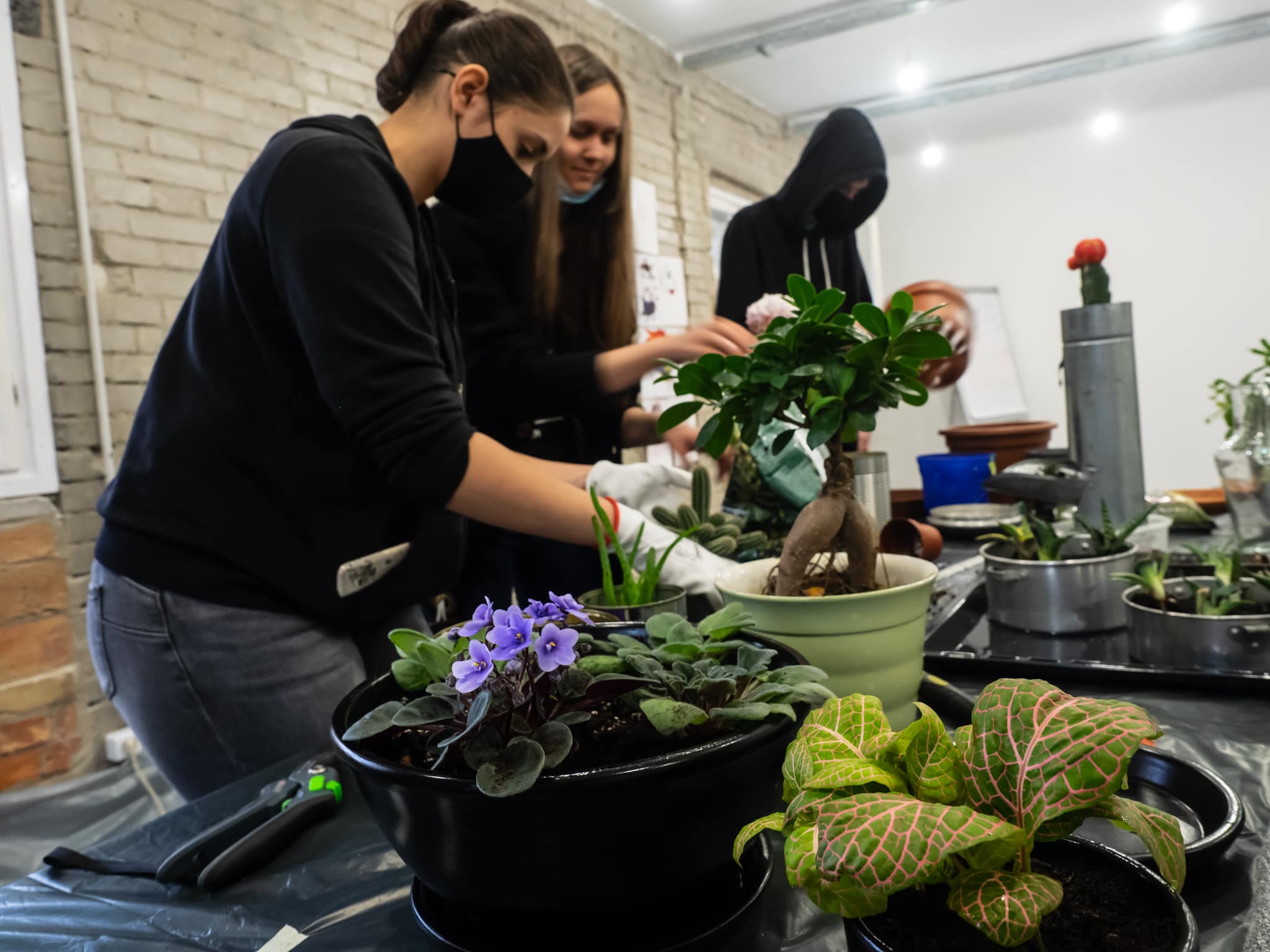
The individual plants of the green colonies in Práter 63 are based on the subjective choices and attachments of the students. The project concentrated not on aesthetics but on identification, on the persona between person and plant, and the creation of a »plant identity«. By means of this, the students reflected on the houseplant of their choice, on its characteristics and care, on the space of Práter 63 and on themselves, hence organising themselves into temporary communities according to different criteria, such as sympathy and choice of placement. They were also joined by the members of the Space of Opportunity. In the installation, the plants speak through the voices of the contributors, creating a dialogical relationship between themselves and the viewer. Hence, the emphasis is on expressions like »I« and »it« or »we«, which eliminates, or at least reduces the alienation between human and plant.
The project will stay as a permanent installation in the space and is the first in a row of artistic projects to be realized with young people to form the interior of the Space of Opportunity.
For more information visit please tranzit.hu.
Cover picture: Image from the preparatory workshop with the students on 2 December 2021. Photo: © Anna Vörös
